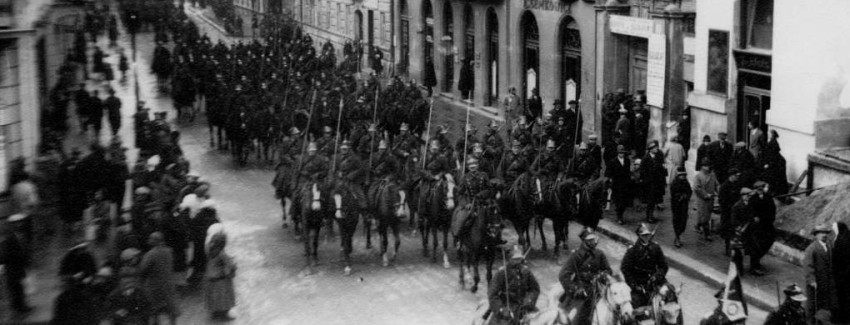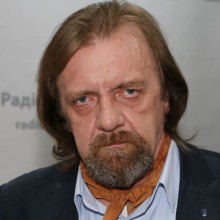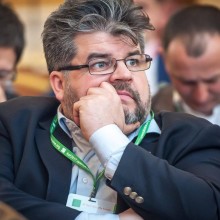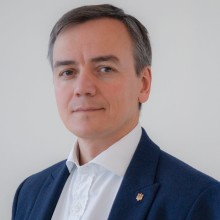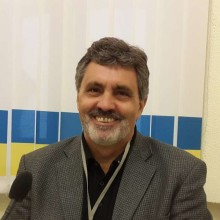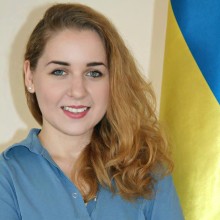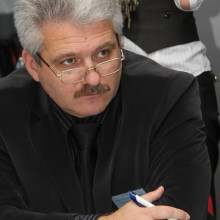Alexander Khara
diplomat, "Maidan of Foreign Affairs" Foundation expert
exclusively for "UNIAN"
The recent Ukrainian-Polish disputes should be considered in a broader context: today, centrifugal processes and those of archaization are taking place not only in Ukraine or Poland, but also in the entire West. That is why the Trump and Le Pen phenomena have arisen. That is, a nationalist card is being played across Europe because a liberal democratic project has shown that it does not meet the wishes of the general population, especially its active part, so returning to nationalism is a more natural process for these countries. However, nationalism is always about history, not a future. It’s not a European project, which is based on absolutely new principles.
This is the key reason why the latest row has been unfolding in Poland-Ukraine relations.
If we look at the Polish realities, there are people in power there today who profess nationalistic views not too pleasant for Ukraine
It is worth noting that Ukraine is seeing a situation somewhat different. That’s because our country is in a state of war. And when the war is raging, the return to nationalistic, "right-wing" movements is quite a natural thing. Besides, here in Ukraine, given the fact that we are revisiting our history and getting rid of certain myths and propaganda (Russian or Soviet) cliches, the process is ongoing of protecting our self-perception. And this process, especially in the context of our war with Russia, is definitely not directed against the Poles. But the Poles perceive it this way, unfortunately.
Let's recall the renaming of Moscow Avenue to Bandera Avenue, which the Poles perceived as Kyiv’s deliberate step against Poland. Although, in fact, the key idea was that Bandera was perceived as a symbol of our struggle against Russia, not as a historical character.
Meanwhile, if we look at the Polish realities, there are people in power there today who profess nationalistic views not too pleasant for Ukraine. And they yield certain electoral dividends from such stance, too. Moreover, local elections are soon to be held there. Besides, in the eastern part of Poland, such topics simply consolidate the electorate.
In fact, we are seeing the deterioration of Ukraine-Poland relations not only as a result of Ukraine starting to restore historical memory and justice but also due to certain electoral points important for the Poles. It is against this background that the cycles between Poland and Ukraine fall through and conflicts emerge.
For most Poles, I believe historical issues are not so fundamental. But politicians are pumping up the hype anyway.
On the other hand, I suggest that the Ukrainian side doesn’t act too reasonably, either. That’s starting from the moment when the Ukrainian president got on his knees and apologized to the Poles. This is a seemingly nice gesture, but it is only appropriate when both sides agree to forgive everyone and ask each other for forgiveness.
So far, the Poles have been playing with historical issues... And they will keep playing these cards until elections are held in Poland and as long as Ukraine is weak
If one party believes that it has a monopoly on history, then how are the Poles different from Russians in this sense? Moreover, if they believe that there is no such nation as Ukrainians, that Ukrainians are Nazis' minions, and so on. So from the very beginning, the Ukrainian side took a wrong approach.
Also, when a restoration of historical justice is underway, it shouldn’t be just efforts of a single person, the one who heads the Institute of National Memory. Foreign-policy nuances should have been taken into account as well. But this was never done. And that’s because our diplomacy is re-active in its nature; that is, it only reacts to what is happening in Poland. This is an extremely wrong approach. Instead, the Ukrainian diplomacy should be pro-active in this sense.
Today, the president of Ukraine called for an extraordinary meeting of the Consultative Committee of the presidents of Ukraine and Poland. Let's see how it will go. After all, the Poles have recently put forward a completely unacceptable and non-diplomatic demand - until the Ukrainian government removes all nationalists from office, there will be no meetings.
And with his proposal, our president is upping the bids, because if Duda refuses to take part in the work of the Committee, it will lead to an even greater escalation, which will entail nothing positive for Ukraine.
[At the moment of the publication, it has been reported that Secretary of State at the Polish President's Chancellery Krzysztof Szczersky welcomed the Ukrainian side's proposal.]
So far, the Poles have been playing with historical issues... And they will keep playing these cards until elections are held in Poland and as long as Ukraine is weak. Of course, this will affect the bilateral relations between Ukraine and Poland.
We have long ceased to claim that Poland is our lawyer in the EU. Lithuania has taken over these functions. After all, we have no tensions with Vilnius over history. But still, Poland is an extremely important neighbor for Ukraine. Therefore, Ukraine has to place several emphases regarding the latest developments. First and foremost, it’s that nothing divides the Poles and us in terms of our vision of the present and future, so we must focus on our common values and interests.
The second thing is that we both have an existential enemy. And we must keep it in mind at all times. Russia is an important factor. But much more important is that Ukraine and Poland have much in common in terms of the future.
Thirdly, sustainable Ukraine for Poland, unlike some other Eastern European countries, is a rather important factor. Besides, the Poles do not encroach on Ukrainian territory. Of course there are some marginal figures in Poland that claim such things, but this is not a mainstream idea or political perspective. For Poles, it is important for Ukraine to remain resilient so that we could jointly counter Russia's efforts, and perhaps, one day in the future, to strengthen the Eastern European bloc in counterbalance with Germany and France.
These are the key points we need to focus on.
